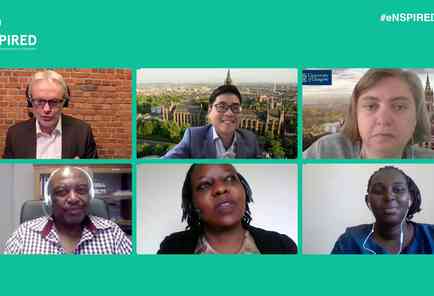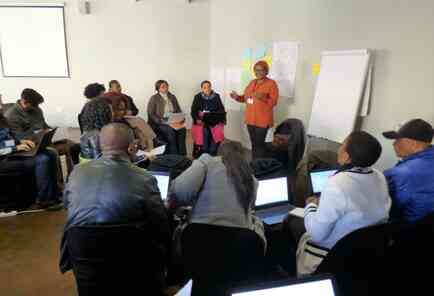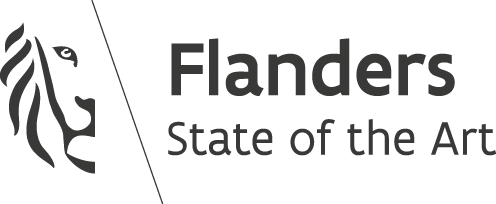From 11 to 15 February 2019, sector educators with support from VVOB in Rwanda facilitated professional learning communities (PLC) of headteachers in 17 districts. The aim was to identify high priority issues and discuss a way forward.
Teachers from the College of Education of the University of Rwanda (URCE) and from other local universities facilitated the first session in over 200 sectors. Primary school leaders from six districts and secondary school leaders from 14 districts met with education leaders to identify the key education issues they face. At the same time, they ranked these issues in priority order and together made a plan on how they will develop strategies and approaches to tackle these issues one by one.
In secondary schools, PLCs are supported by the Leaders in Teaching initiative of the Mastercard Foundation. Leaders in Teaching is an initiative that transforms teaching and learning in secondary schools in Africa so that young people acquire the skills and competencies they need to succeed in the labour market and in life.
During the discussions, participants stated that certain issues such as inadequate infrastructure (classrooms, laboratories...) are beyond the capacity of the sector and the schools. Therefore, they believe that these issues can only be advocated by higher government institutions.
In terms of the issues that they believe can be addressed at the sector and school level, the participants in each session selected at least one key issue that they will address during the course of this year. At the next session, they will meet to discuss and analyse the issue in-depth based on the experience of each school/principal. Once they have agreed on the problem, they will identify strategies and draw up a detailed plan that they will implement together.
The facilitation of these PLC sessions follows a 20-credit Continuing Professional Development (CPD) course on mentoring and coaching in education, delivered to sector education officers (SEOs) by URCE with support from VVOB in Rwanda. The course aims to equip education officials with the skills they need to coach school leaders. Similarly, school leaders receive a CPD course on effective school leadership, also offered by URCE with VVOB in Rwanda support.
A professional learning community session is facilitated by a trained sector education officer and is organised in an action-oriented cycle. First, they identify priority problems, then they define strategies and develop an implementation plan to solve those problems. Once they have tried their strategies, they come together for evaluation, reflection and dissemination of best practices. VVOB in Rwanda experience has shown that Professional Learning Communities are effective tools that bridge the gap between the theory of CPD training and the application of that theory in practice.
Teachers from the College of Education of the University of Rwanda (URCE) and from other local universities facilitated the first session in over 200 sectors. Primary school leaders from six districts and secondary school leaders from 14 districts met with education leaders to identify the key education issues they face. At the same time, they ranked these issues in priority order and together made a plan on how they will develop strategies and approaches to tackle these issues one by one.
In secondary schools, PLCs are supported by the Leaders in Teaching initiative of the Mastercard Foundation. Leaders in Teaching is an initiative that transforms teaching and learning in secondary schools in Africa so that young people acquire the skills and competencies they need to succeed in the labour market and in life.
Identifying common challenges
Common problems faced by the schools include absenteeism of pupils, school dropouts, limited parental and community involvement, and inadequate school feeding programme in 9- and 12-year-old primary schools. They also pointed to overcrowded classrooms, students walking long distances to school, low learning outcomes and inadequate infrastructure, among other problems.During the discussions, participants stated that certain issues such as inadequate infrastructure (classrooms, laboratories...) are beyond the capacity of the sector and the schools. Therefore, they believe that these issues can only be advocated by higher government institutions.
In terms of the issues that they believe can be addressed at the sector and school level, the participants in each session selected at least one key issue that they will address during the course of this year. At the next session, they will meet to discuss and analyse the issue in-depth based on the experience of each school/principal. Once they have agreed on the problem, they will identify strategies and draw up a detailed plan that they will implement together.
Why PLCs?
Educational problems have been around for a long time. One may therefore ask: how will PLCs help to address these problems? A PLC is a platform for school leaders to support and learn from each other it is an opportunity to build knowledge and improve the practices of headteachers.The facilitation of these PLC sessions follows a 20-credit Continuing Professional Development (CPD) course on mentoring and coaching in education, delivered to sector education officers (SEOs) by URCE with support from VVOB in Rwanda. The course aims to equip education officials with the skills they need to coach school leaders. Similarly, school leaders receive a CPD course on effective school leadership, also offered by URCE with VVOB in Rwanda support.
A professional learning community session is facilitated by a trained sector education officer and is organised in an action-oriented cycle. First, they identify priority problems, then they define strategies and develop an implementation plan to solve those problems. Once they have tried their strategies, they come together for evaluation, reflection and dissemination of best practices. VVOB in Rwanda experience has shown that Professional Learning Communities are effective tools that bridge the gap between the theory of CPD training and the application of that theory in practice.
Subscribe to our (Dutch) newsletter
|
English





